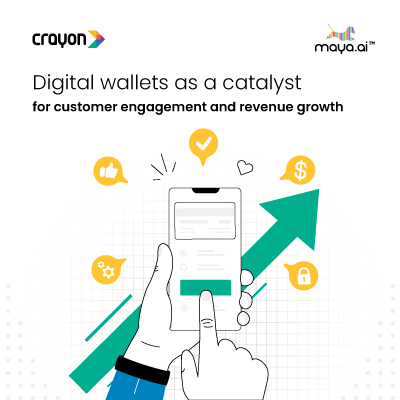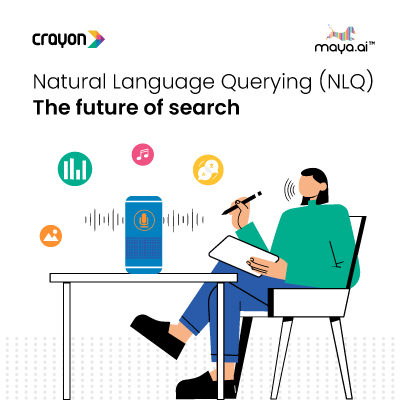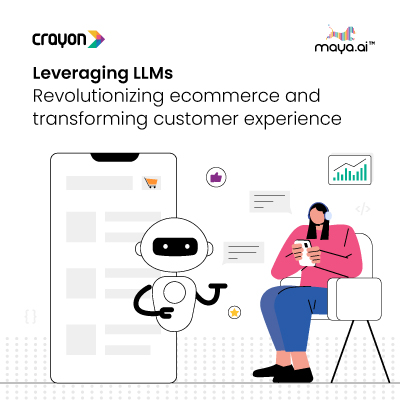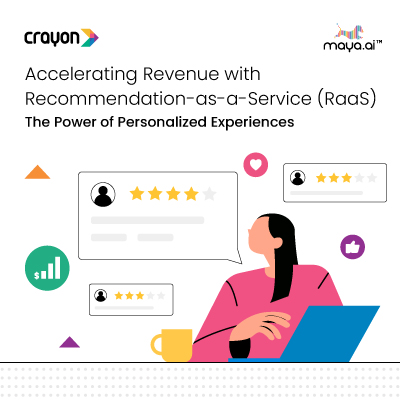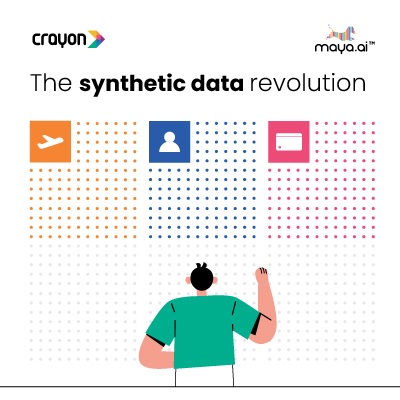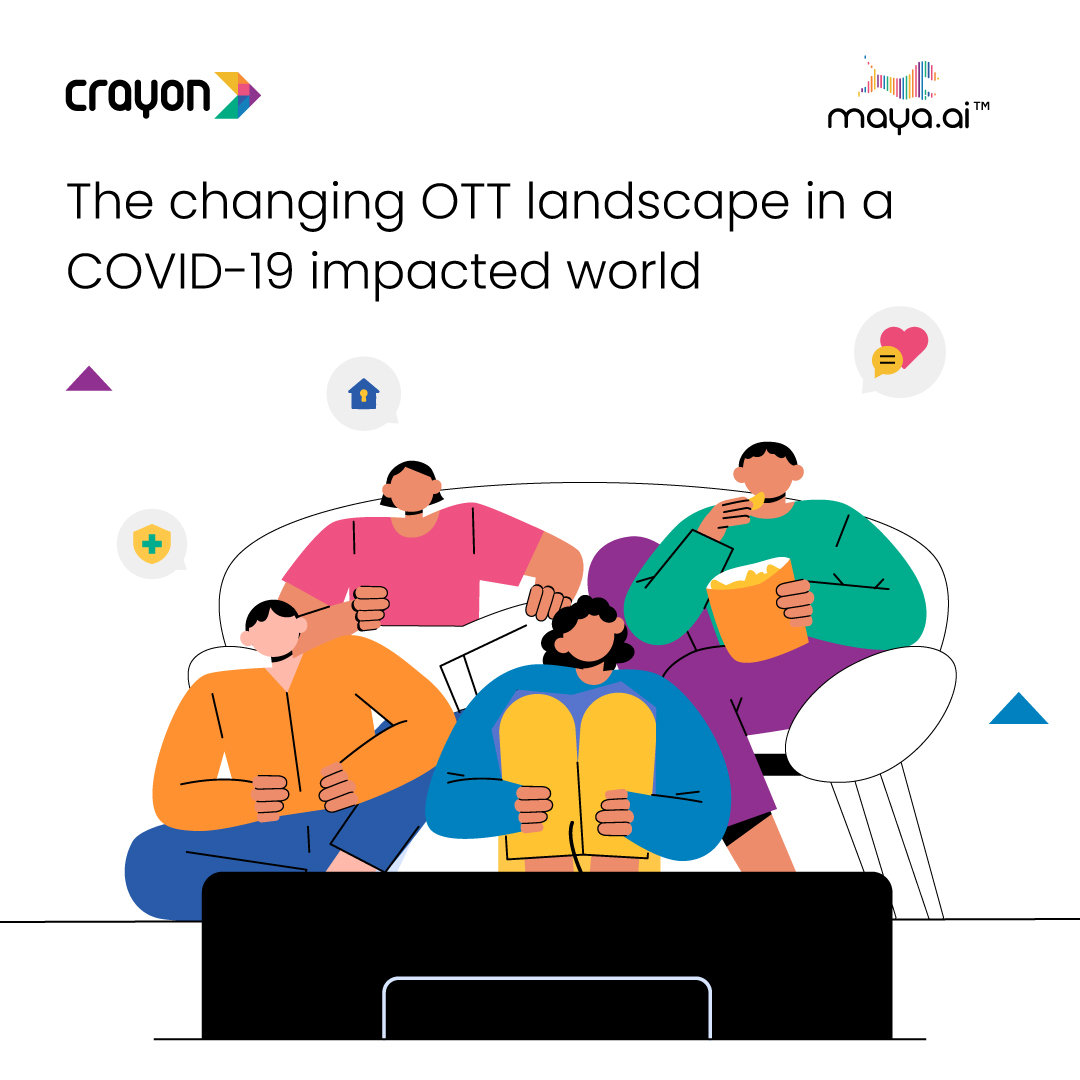From citizenship applications, employment status, filing taxes to census recording – all provide massive amounts of data to the Government. A torrent of data in the form of medical files, satellite images, financial records and social media information. To a Big Data junkie, this “plethora of data” offers limitless opportunities to drive quantum leaps from information to insights, but the question is: Do we need to read the massive amount of data the Governments gather and bring data insights? What is the significance?
Well, the answer is why not! Big data analytics can be applied to a wide range of Government responsibilities such as crime prevention, threat prediction and prevention, tax compliance, transportation, defence, national security, revenue management, environmental stewardship and social services. Algorithms can be designed to find suspicious transaction occurring in very function of government in real time by combining local, national and social data.
To name a few, Las Vegas has implemented a crime management system which successfully detects and predicts high probability crime scenes, optimising the coverage of their police force and reducing response times. Prediction of violent crimes and malicious activities is subsequently possible using the crime history data points. The Dutch government prefills the tax forms of citizens by collecting relevant information from citizens’ employers and banks and also understands the payment behaviour of every citizen, and minimise the tax gap, improving efficiency, and saving taxpayer’s dollars. The insurance association of Malawi, in association with World Bank and Opportunity international, continuously analyses massive weather and rainfall data to provide weather-indexed insurance to formers for securing their loan while reducing risk.
Big data analytics also has a potential to bring advancement in areas like disease reconnaissance, student curricula, microcredit, traffic control etc. In Nairobi, engineering social system uses geo-coded mobile phone transaction data to monitor and model growth of slums and unauthorized settlement. The group of researcher analysed location data from 138000 cell phones to understand the magnitude and pattern of cholera outbreak in Haiti.
Now, let’s take a country like India – one among the top 10 countries in the globe with a high crime rate, scoring 36/100 for corruption (where 0 is highly corrupt). Can it gain the benefits of big data and its applications? Can Big Data help transform a nation like India by using data to achieve things that previously have been unattainable?
Yes, of course. India’s introduction of the “Aadhaar” card or national identity card is an ocean full of profiles with a possibility of moving in the right direction. Information gathered and analysed has the potential to help build a robust employment system, augment tax information and help reduce fraud. As governments slowly open up their data e.g. data.gov, we’ll see big data platforms driving the way countries are governed. The only roadblock to this is “imagination” and how one can apply all the data available to us effectively. If Governments leave behind conventional methods and embrace innovation with data, a systematic integration of big data into policy and strategies will create new and significant change in everything.
References:
Barack Obama’s Big Data won the US election
4 Benefits for the Public Sector when Governments Start Using Big Data
Big Data Analysis Vs. Government Spending
Harnessing big data to address the world’s problems
Can Big Data make government cheaper?
Produce Actionable Information with Big Data Analytics for Government

